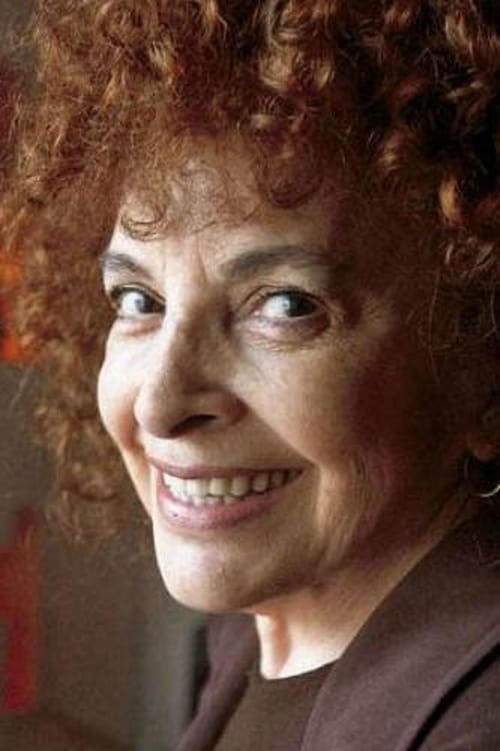Cipe Lincovsky
Nascimento : 1933-09-21, Buenos Aires, Argentina.
Morte : 2015-08-31
História
From Wikipedia, the free encyclopedia
Cecilia "Cipe" Lincovsky (21 September 1929 – 31 August 2015) was an Argentine actress. She made her stage debut in 1953, and joined the Berliner Ensemble in 1960. Lincovsky spent much of her career overseas, including in Venezuela and France, as she had drawn attention from Argentine Anticommunist Alliance. Returning to Argentina via Spain in the 1980s, Lincovsky joined the Argentine Open Theatre. She was awarded the Silver Condor Award for Best Actress in 1990. She died of cardiac arrest and kidney failure in her hometown of Buenos Aires on 31 August 2015, aged 85.

It’s the late 1950s, and in an affluent and quietly respectable part of Buenos Aires, young Sulamit Löwenstein strikes up a friendship with her next-door neighbour Friedrich over the whereabouts of her family dog. She is the daughter of German-Jewish immigrants to Argentina, he is the son of a senior SS officer, a tragic political legacy from whose shadow both characters struggle to escape over the next three decades. Following the teenaged Friedrich to Germany, Sulamit finds him caught up in the radical politics of late-1960s student life; and she’s forced to make important decisions about her attitude to her homeland when Friedrich returns to Argentina to join the fight against the military junta.

Hannah's mother
An actor returns to Moisés Ville, the first Jewish colony installed in Argentina

Rosa
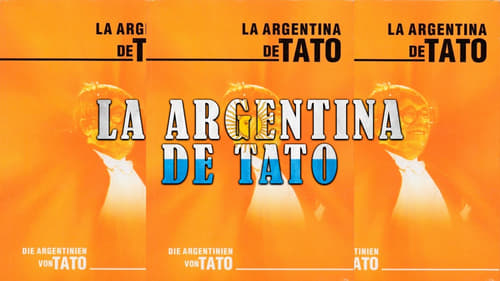
Golda Mier
In a Mockuocumentary format, led by the personage represented by Leonardo Sbaraglia, in 2499 the research is presented - carried out by scientists from the University of Heidelberg, Germany, whose exposition is in charge of Helmut Strasse, founder of the first school of Argentinology - about the remote existence of Argentina, an unknown country of great potential inexplicably disappeared from the face of the Earth.
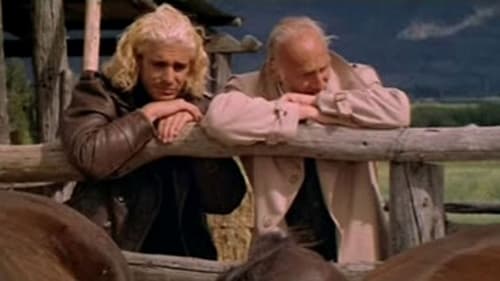
Natalia
Still Breathing and theft in a financial, Joseph (Hector Alterio), an old anarchist, and a young employee, Pedro (Leonardo Sbaraglia) live for four days violent and compassionate alternatives in their desperate flight from the Patagonia Argentina. Along the way they encounter Ana (Cecilia Dopazo), a teenager who accompanies them on the trip.

Mama
When a young European woman assumes a false identity in 1920s Argentina, she gets more than she bargained for.
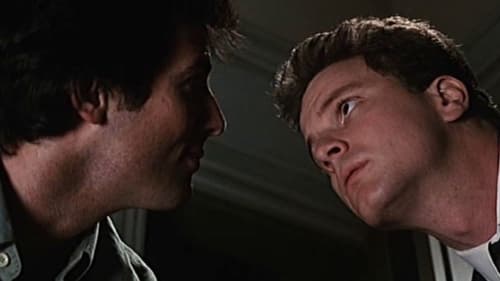
Mrs. Treniev
Em Buenos Aires, dono de cinema de arte em dificuldades financeiras (Colin Firth), resolve alugar quarto para americano (Hart Bochner). A chegada do estranho coincide com uma onda de crimes brutais que assolam a cidade e os dois se vêem envolvidos numa bizarra relação que chama a atenção dos vizinhos.

Raquel
Since childhood, Raquel and Maria have been close friends. Now all grown-up, Raquel has fulfilled her dream of becoming an actress, while Maria has married a handyman, given birth to three children and runs the family household. In the wake of the Argentine military coup of 1976, Maria's oldest son Carlos is abducted. Desperate, Maria turns to her prominent friend for help. Yet the more Raquel gets involved in the search for Carlos, the more she becomes herself a target of the junta. Finally, she flees from Argentina to Berlin. Meanwhile Maria joins a group of women who investigate the fate of their disappeared relatives. In 1983, after the fall of the dictatorship, the two friends meet again.

María
When Rey left Argentina after it fell under a military dictatorship in the late 1970s, he also left behind a very controlling and authoritarian father. Now he has returned to the country from exile for the funeral of his father. Though he left the man behind physically, their relationship still haunts him. Meanwhile, his old college pal Isabel has also returned to Argentina to help her husband and child cope with the effects of her long absence, brought about because she had a politically unsuitable lover. The two returnees are contemplating filming an autobiographical film about their experiences.

Juana
A turbulent era in Argentine politics is highlighted in this well-wrought drama, set in Buenos Aires at the end of 1945, about Clara (Graciela Borges), a young, half-Jewish woman awakening to the reasons behind the political conflicts of her time and place. Clara's father was a Communist who fought the Nazis in Argentina and possessed a list of the top Nazi exiles and their contacts. Through a former lover, Clara -- a successful broadcast journalist -- begins to see her Jewish roots (and the leftists) in a whole new light. Meanwhile, the political storms sweeping through Argentina are setting the stage for the Peronist government to come.
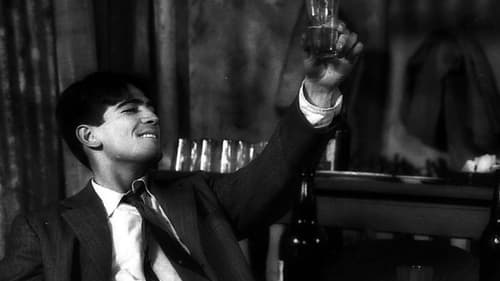
Silvio, a young poet and inventor, struggles to find employment and to give meaning to his life.

Doña Asunción
After the death of the Father, the women of the family gather at an old isolated house. Old rivalries surface causing nobody to notice the youngest daughter, Loli, sneaking out to meet up with a local hermit. The naïve girl quickly ends up pregnant. After Loli is raped whilst travelling home, everything comes to light and causes unexpected changes for the family.
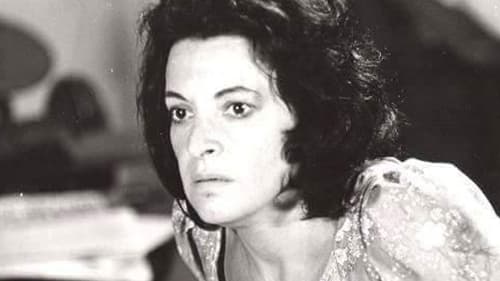
After seven years in jail, a woman is released and has to re-enter society.

Laura's mother
A man has to come to terms with his wasted youth, estranged family and grim prospects for the future.

Elsa di Carlo
The life and the lovers of a few young women in a provincial town.

Sara
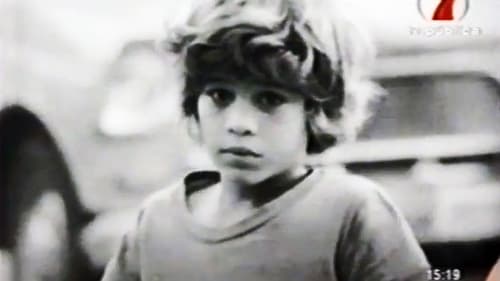
Five parts that reflect a critical look on the universe of children. An ironic metaphor about the training of children and how they respond to limiting situations in their lives.

Magdalena
An Italian woman arrives in Buenos Aires and suffers all kinds of social and personal misadventures.
